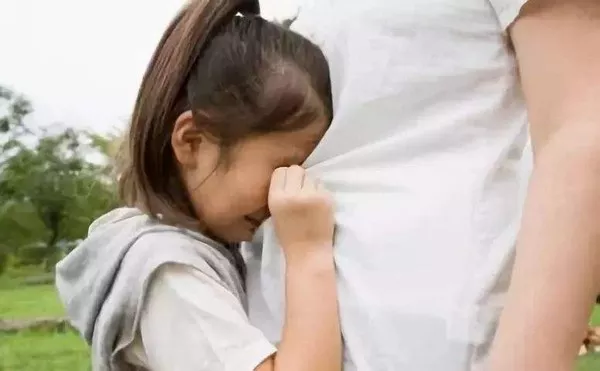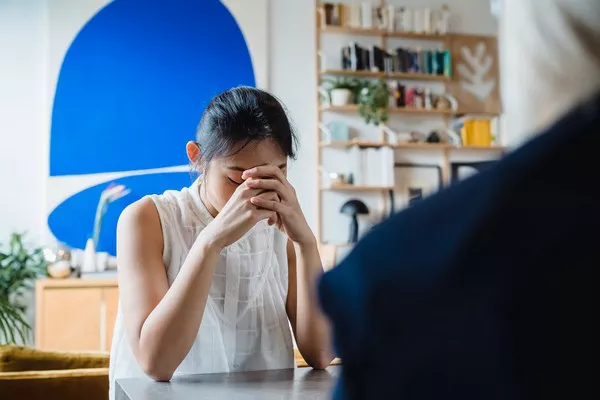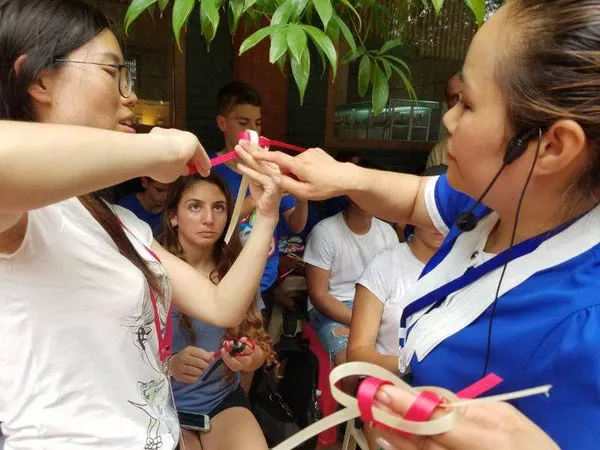In the aftermath of the recent mass shooting at UNLV, individuals affected by the tragedy may find themselves grappling with a spectrum of emotions and challenges. Trauma-related symptoms, both mental and physical, often surface, prompting the question: Is what I’m feeling normal?
According to Jamie Davidson, a licensed psychologist and Associate Vice President for Student Wellness at UNLV, the response to trauma varies widely among individuals. “Some people feel shock, sorrow, numbness, fear, anger, grief, disillusionment, difficulty concentrating, or eating,” he explains, emphasizing the normalcy of such diverse reactions. Davidson underscores that no two individuals will have the exact same response to trauma.
Guilt, a common emotion among survivors, can be processed by finding ways to honor the deceased or injured. Private remembrance or virtual connections with family, faith communities, or the wider community can aid in navigating this complex emotion.
Recognizing the need for support, many students have sought counseling appointments at the Student Counseling & Psychological Services (CAPS) since the incident. In collaboration with UNLV Practice, Center for Individual, Couple & Family Counseling (CICFC), and clinical faculty, CAPS will offer in-person, drop-in crisis support services at the Student Recreation & Wellness Center on specified dates.
Dates for in-person services at the SRWC include:
Monday, from 11 a.m.-2 p.m.
Tuesday, from 1 p.m.-3:30 p.m.
Wednesday, from 9 a.m.-noon
For those returning home, CAPS telehealth appointments and local counseling services are recommended. Additional mental health resources, including the Employee Assistance Program for faculty and staff, can be found on the UNLV Strong website.
Davidson urges the campus community to tap into the Vegas Strong Resiliency Center, offering trauma-informed care and support groups. Talking, sharing, and supporting colleagues, he emphasizes, play a crucial role in the healing process.
Addressing the duration of emotional distress, Davidson acknowledges the variability, emphasizing that there is no single timeline for recovery. Proximity to the incident and past trauma history can intensify distress, particularly for survivors of previous events such as the Route 91 Harvest Festival shooting and veterans.
Encouraging proactive seeking of support, Davidson emphasizes the availability of services for the campus community in the long term. “It can be weeks for some, and it can be months for others,” he notes, urging individuals to be patient and sympathetic with themselves during the healing journey.





























